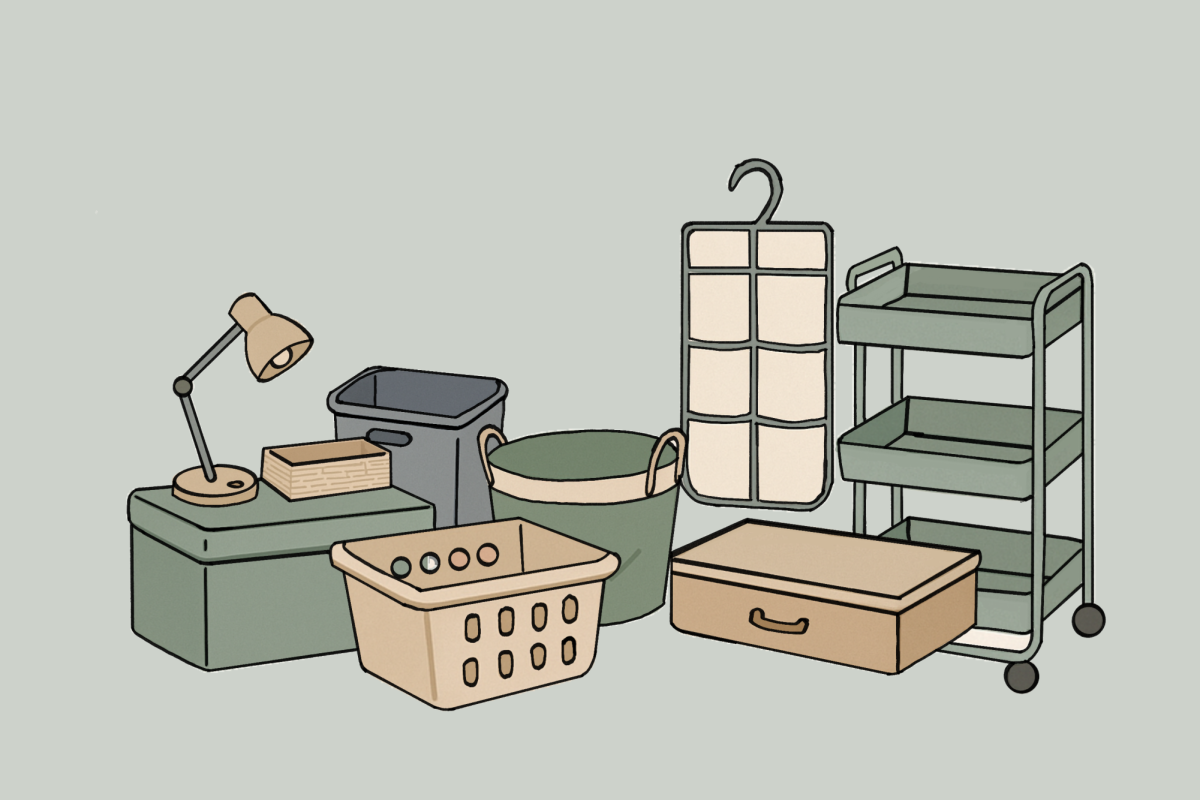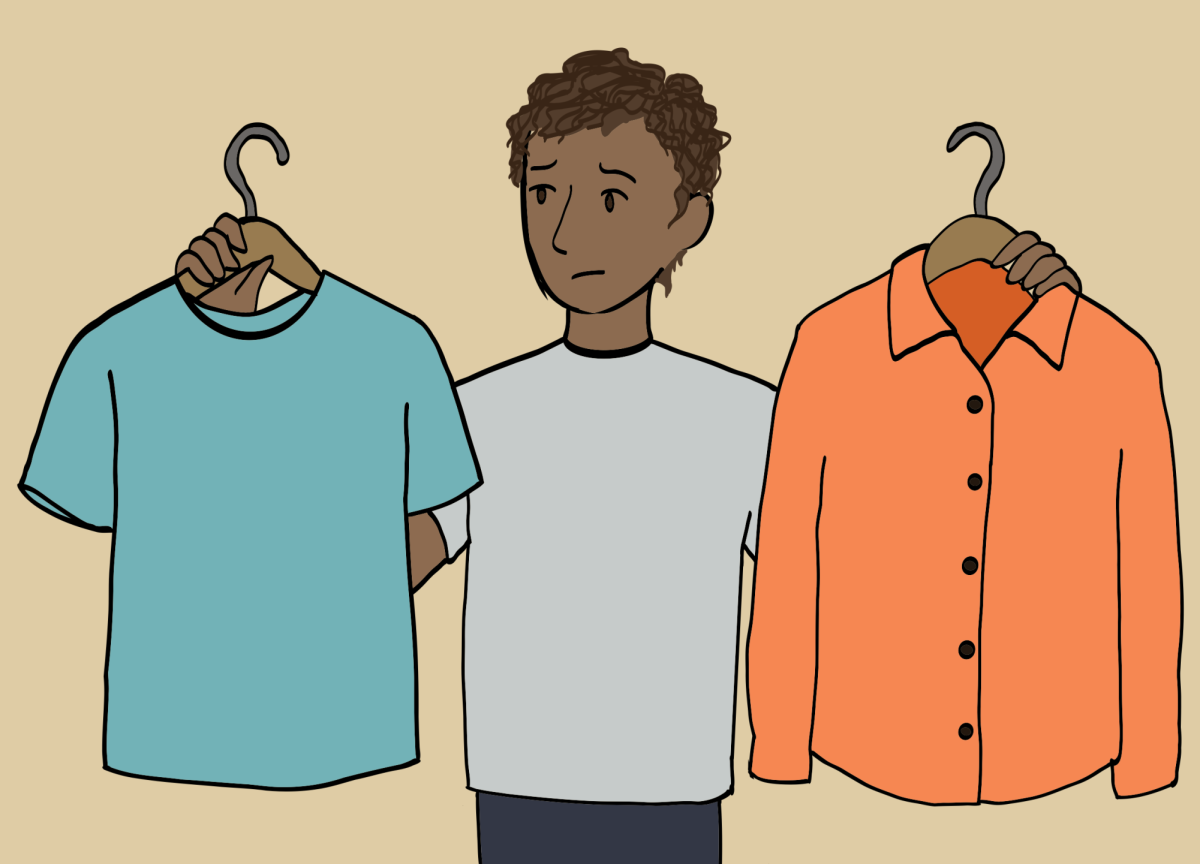It is scientifically proven that most people discover their mental disorders in their lower to mid–twenties. This is especially prevalent among college students. When it comes to moving out of your parents’ house, going to college, obtaining a job coupled with lack of sleep, coming into adulthood is difficult. However, if you realize that you have a mental illness as an adult, chances are you’ve had it during your adolescent years as well.
Scientists are still trying to understand if mental disorders are genetic or contingent on the environment. For example, schizophrenia and bipolar disorder have a higher rate of being inherited. In contrast, disorders like depression and anxiety are less inheritable.
As someone who personally suffers from dysthymia, a type of depression, as well as anxiety, I am more than familiar with feelings of loneliness. Recognizing the symptoms of a mental disorder before actually realizing the disorder is present can be a long uphill battle. With this being said, I have a story I want to tell about uncovering my anxiety and depression. Perhaps it could help someone out in the long run.
Discerning my mental illness(es) was anything but easy. It was the Christmas of my junior year as an undergraduate — the first Christmas I had ever spent without my brother, who was deployed with the U.S. Air Force. I spent two weeks of Christmas break with my mom and stepdad in their home, located in the middle of nowhere with no Wi-Fi or cellphone service.
I missed my friends, my apartment back home, my brother and my boyfriend at the time. It became more than just “the blues” as I started crying and having panic attacks everyday.
These episodes continued on even after the spring semester had started. Eventually, I summoned up the bravery to talk with a friend who suffered from anxiety about it. After a long discussion with my mom, dad and stepdad, I was able to convince them to let me see a doctor.
The battle goes on, but let me tell you that this first step to seek help was by far the hardest. It only gets better from here. It takes a lot to tell your family you need help. I would always put up a front so they wouldn’t worry about me while I was away at school, but if I wasn’t honest with them, I have no idea where I would be now.
From here, I have acquired medication to help take the edge off of the anxiety and depression. I have also been practicing yoga and meditation at home and attending therapy sessions once every two weeks at Clemson’s Counseling and Psychological Services (CAPS).
To be brutally honest, most days are still a huge struggle. I find myself trembling at the thought of getting out of bed to go to class or work on some days. I get so worked up that I may start to vomit and hyperventilate. On top of this, I have found in several instances that my medication isn’t working for me. It has taken several doctor visits to find the medication that works best for me — and I’m still not sure it is working.
It can sometimes take weeks for the medication to officially settle in your system only to find out that it isn’t working properly and begin trying out a new medication. It makes me sick to my stomach, headaches are not uncommon and I’m too sure I’ve annoyed more than enough professors zoning out during class.
As hard as all of this is, I continue to move forward. The more I try different strategies for help, the closer I get to handling my anxiety and depression. Having a mental illness definitely makes me feel isolated from the rest of the world. My family doesn’t understand it; nor do my friends or classmates. But this doesn’t mean I don’t have help.
My friends and family care about me. They want me to succeed and have a healthy, happy life. Despite not fully understanding what I am going through, they are still always there for me. I have found this to be the most important aspect of any type of struggle — a good support system.
Overall, unearthing a mental illness is not an easy task. The first step is to listen to your mind and body. Are you sincerely more sad, angry or nervous than you are happy? Realize, yourself, that you might need help. Discuss it with a close family member or friend. If they don’t initially listen, keep talking. Force them to listen. Only you know what you are going through and your
mental health is worth the fight.
Next is to try one of the many different strategies that might help you manage your issues. Do not stop trying different things until you are happy again.
Even after you are happy, keep going.
And finally, surround yourself with people who love you. Maintain positive relationships and weed out the negative ones. As long and difficult as some days are, every bit of the fight is worth it.
You are never alone.








